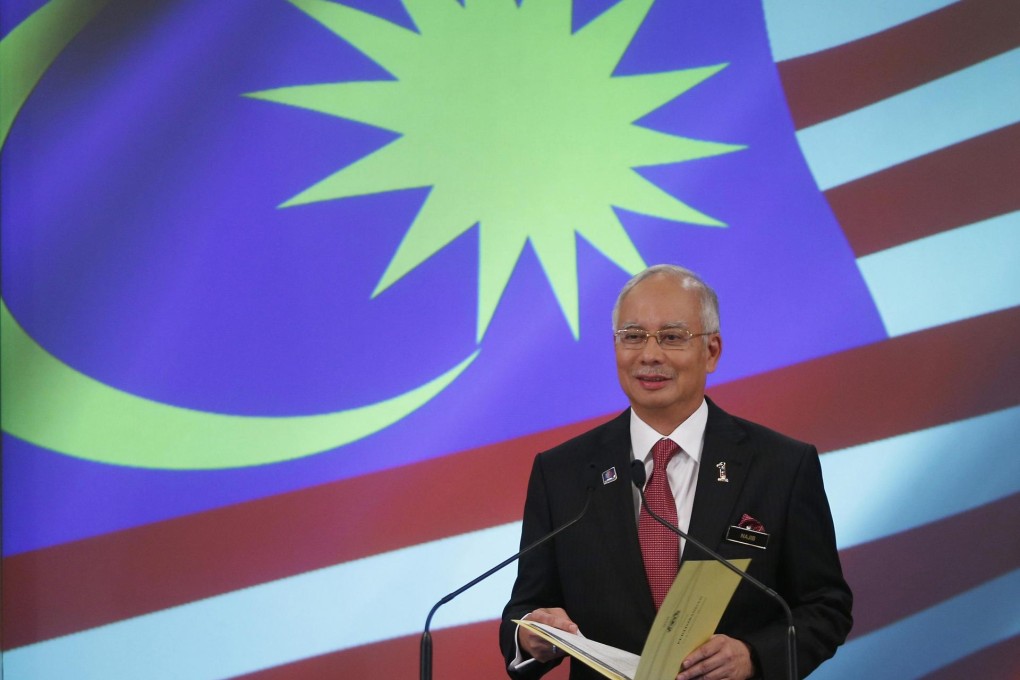Surging debt at Malaysia's shadowy 1MDB fund emerges as sovereign risk
Lurking beneath Malaysia's solid investment-grade sovereign rating is a risk posed by a US$14 billion investment fund that is not even generating enough cash from operations to cover interest.

Lurking beneath Malaysia's solid investment-grade sovereign rating is a risk posed by a US$14 billion investment fund that is not even generating enough cash from operations to cover interest.
Regarded as a cross between a sovereign wealth fund and a private investment vehicle, with Prime Minister Najib Razak chairing its advisory board, 1Malaysia Development Berhad (1MDB) is struggling under the burden of US$11 billion in borrowed money.
The government says it only guarantees about 14 per cent of the debt. The investment community assumes it would provide more if needed, and it is the potential strain on Malaysia's debt position from these contingent liabilities that is raising concern.
"We don't know how well 1MDB is doing," said Christian de Guzman, senior analyst of sovereign risk group at ratings agency Moody's Investors Service.
"It does pose a risk in terms of the amount of borrowing they have made over the past few years."
Controversy has dogged the fund almost since it was first set up months after Najib came to power in 2009, and used for funding projects that form part of his government's Economic Transformation Programme.